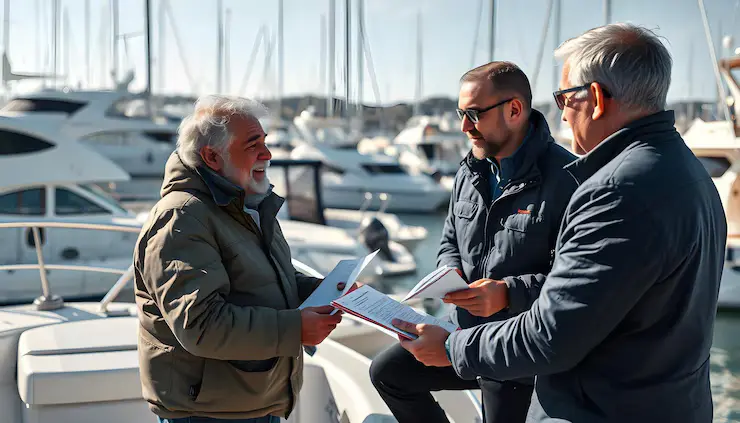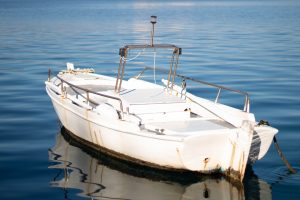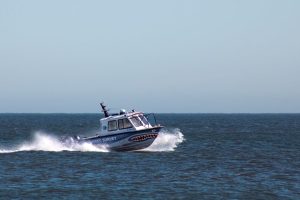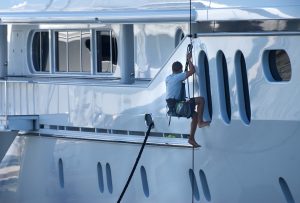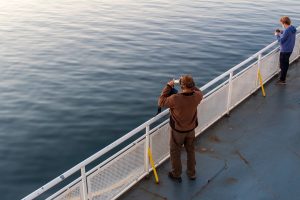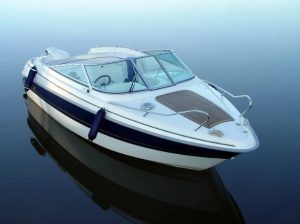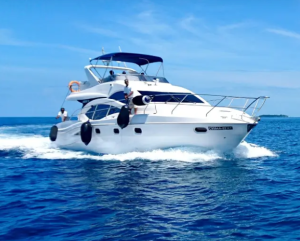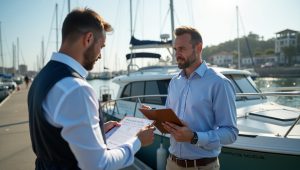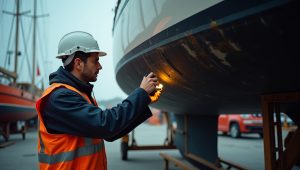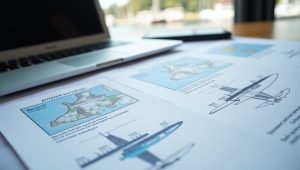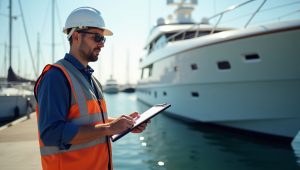If you’re preparing to buy a boat in North Carolina, a professional pre‑purchase survey is a must. At Marine Surveys of North Carolina, our comprehensive pre‑purchase survey service offers peace of mind through an expert hull-to-deck evaluation. This guide outlines the detailed steps we perform—from marine survey standards and checklists to sea trial testing and survey-report templates.
Read on to understand what our North Carolina pre‑purchase surveys include and how they protect your investment
Survey Scope & Standards
What surveyors examine
Surveyors focus on:
- Hull & deck integrity— checks for osmosis, blisters, and structural damage
- Mechanical systems— engine, driveline, steering
- Electrical gear— wiring, systems, battery safety
- Hull‑to‑deck joints, through‑hulls, hardware— leak prevention
- Bilge pumps and safety gear—ensuring sanitation & functionality
Our surveys follow ABYC standards to ensure safety, durability, and regulatory compliance.
Hull and Structural Assessments
Core components inspected
A full boat inspection checklist includes:
- Visual hull examination — gallery for cracks, delaminations
- Thru-hull fitting checks — verify seals, alignment, corrosion
- Stringers and bulkheads — using moisture meters for hidden damage
- Deck hardware & fastenings — survey structural attachments
These structural evaluations are critical for identifying long-term repair needs and safety risks.
Mechanical and Propulsion Systems
Engine & driveline evaluation
A robust mechanical inspection covers:
- Engine surveys — manifold checks, compression tests
- Transmission/gearbox — ensuring smooth engagement and no leaks
- Cooling systems — freshwater or raw water flush results
- Exhaust, fuel lines, filters — verifying integrity and safety
Faultless systems are essential for reliability during sea trials and everyday use.
Electrical & Electronics Checks
Wiring, batteries, and navigation
An electrical survey confirms:
- Wire condition and labeling — using multimeter checks
- Battery installation — positive ventilation and secure mounts
- Shore‑power connections — ground-fault indicators, wiring layout
- Radios, chartplotters, instrument panels — verify operation
Any ABYC-compliant system must meet strict marine electric safety and wiring codes.
Sea Trial & Performance Testing
In-water trials
Essential sea trial tests include:
- Engine start and behavior — assess idling, load response, vibration
- Acceleration and speed tests — verify handling
- Maneuverability — sharp and slow-speed turns
- Steering hydraulics — check pressure and control
- System operation — include pumps, heaters, electronics
Sea trials validate the functionality of systems under real-world conditions in North Carolina waters.
Safety Equipment & Compliance
Checklist of required gear
- Life jackets — size and condition suitable for the vessel
- Fire suppression — check bottles, hoses, extinguisher tags
- Sound signals — horns and whistles
- Navigation lights — verify operation
- Bilge pump(s) — check flow and automatic function
Confirming safety gear functionality protects passengers and ensures USCG compliance.
Survey Report & Documentation
Deliverables and format
- Written evaluation adhering to ABYC standards, with detailed notes
- Photo documentation of noted deficiencies
- Survey report template provided in PDF with page breakdowns
- Repair cost estimates — optional attachment to report
- Recommendations — from simple upkeep to major refits
Our robust reporting structures support buyer decisions, insurance, and closing procedures.
Common Findings in NC Surveys
| Item | Typical Findings | Suggested Action |
|---|---|---|
| Osmotic blisters | Common in fiberglass boats | Repair gel-coat, monitor |
| Corroded thru-hulls | Rust around fittings | Replace/ reseal fittings |
| Fuel line wear | UV cracks or loose clamps | Replace aged components |
| Battery acid deposition | Corrosion at battery terminals | Clean, check charging |
| Inconsistent engine RPM | Hesitation, poor acceleration | Tune or rebuild engine |
Being aware of typical issues aids buyers in prioritising inspections.
Choosing the Right Surveyor
What to look for
- Written evaluation adhering to ABYC standards, with detailed notes
- Photo documentation of noted deficiencies
- Survey report template provided in PDF with page breakdowns
- Repair cost estimates — optional attachment to report
- Recommendations — from simple upkeep to major refits
At Marine Surveys of North Carolina, we meet these criteria—and add local insight and support through our main service page.
Beyond the Survey—Negotiation and Buying Tips
- Use survey findings as leverage in purchase negotiations
- Plan for immediate post-purchase repairs included in your budget
- Insurer review based on survey improves coverage eligibility
- Use the survey report as a maintenance roadmap
Our survey report doubles as a practical tool for repairs and risk management.
Summary – Why a Thorough Pre‑Purchase Survey Matters
A pre‑purchase survey in NC can save buyers from expensive repairs and safety risks later. By following marine safety checklists, sea trial procedures, and ABYC standards, Marine Surveys of North Carolina provides a full-spectrum evaluation—so buyers can act confidently. Begin your boat-buying journey today by scheduling a survey via our landing page or dive deeper into offerings through our pre‑purchase survey service.
Frequently Asked Questions
Surveys typically require 4–8 hours onboard, depending on vessel size and systems complexity. Water access and sea trials can extend the time.
A pre-purchase survey is more thorough—assessing mechanical function and sea trials—while a condition survey focuses on cosmetic and structural aspects.
Yes—ABYC-standard survey reports with clear documentation are recognized by lenders and insurers in North Carolina.
It is recommended every 2–3 years, especially for older vessels, to maintain safety and optimal resale value.
Yes! Buyers are encouraged to attend—ask questions, observe assessments, and review findings in real-time with our surveyor.
